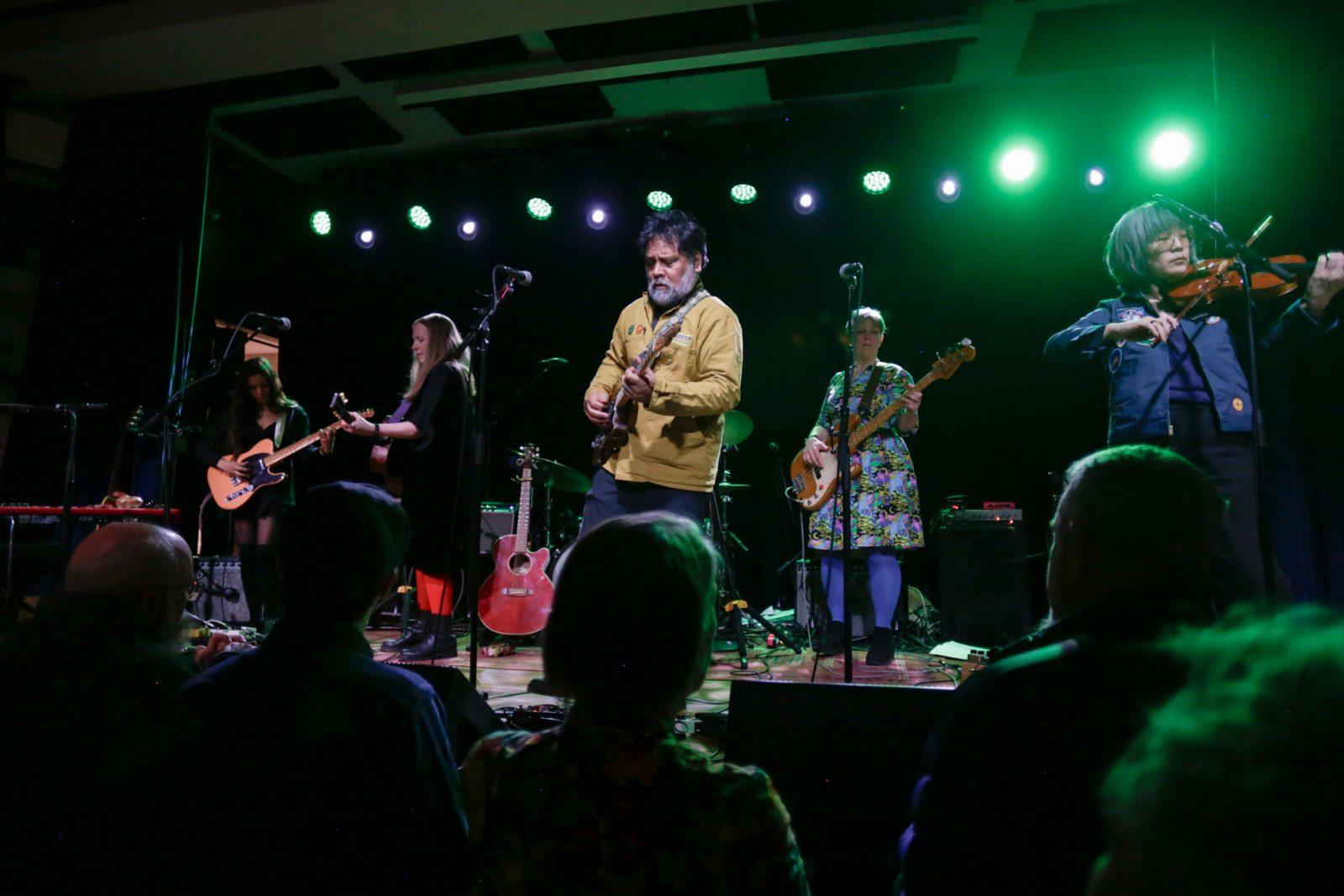The Recording Industry Association of America’s war on file-sharing had a setback last week when a joint study between the Harvard University Business School and the University of North Carolina-Chapel Hill concluded that downloading music over the internet has had little impact on CD sales and could even increase sales.
“It takes 5,000 downloads to reduce the sales of an album by just one copy,” said Harvard Business School associate professor Felix Oberholzer-Gee, who co-authored the study with UNC-Chapel Hill professor Koleman Strumpf. He said he considers the ratio to be almost negligible.
With popular artists, CD sales actually increased when the number of downloads did, according to the study released March 29. According to the report, “150 downloads [of popular songs] increases sales by one copy.”
The research team said the results surprised them at first, but after reviewing the data, there was no doubt it was correct.
The study also includes data on which music genres were most likely to be downloaded, with music from the top current billboard charts leading the list. Alternative and hard rock were also downloaded frequently, while jazz, Latin and new artists were least likely to be downloaded.
Downloaders in the United States represent 31 percent of worldwide users, and they download 36 percent of all files, according to the study. Germany is second with 13 percent of all users, followed by Italy, Japan and France. Oberholzer-Gee indicated that with a strong foreign participation in file sharing, any law focusing on the United States is not likely to significantly alter the supply of music online.
Oberholzer-Gee said the study is unique and more accurate than previous studies that have relied only on surveys, because their study compiled download data directly from KaZaA, a popular file-sharing program. The data included direct computer oversight of 1.75 million downloads and CD sales statistics from the second half of 2002. He added that surveys do not always provide accurate data because it is impossible to know if participants respond truthfully.
Due to the study’s recent release, it has not yet been endorsed by additional researchers, but the RIAA, a strong opponent of the study, released a response pointing out the lack of support for the study, and highlighting weaknesses.
“The results are inconsistent with virtually every other study done by academics and research analysts about the impact of illegal file sharing,” RIAA Senior Vice President of Communications Amy Weiss said in an email.
“The study does not appear capable of indicating whether downloading has caused a decline in sales overall.”
Weiss also criticized the authors of the study for devoting only 17 weeks to data collection. The 17-week period included the Christmas season, which is the heaviest selling period of the year.
“It is like noticing the sky is clear and concluding that this has been the sunniest decade in history,” she said.
Weiss also said the study based its conclusions on only 2.7 percent of the data collected, and that the sample size was smaller than any other study that has been conducted.
University of Texas at Dallas Economics professor Stan Liebowitz, who has led several studies on the effects of technology on copyrighted material since the late 1970s, outlined several fallbacks of the recent study by Oberholzer-Gee and Strumpf. He criticized the study’s conclusion that with popular albums, record sales increase when downloads increase.
“Would this demonstrate that overall sales increase when downloads increase? Of course not,” Liebowitz said in a letter to Oberholzer-Gee and Strumpf posted on his website. “Similarly, political advertising clearly increases the market share of individual candidates, but it need not, and probably does not, increase the total voter turnout.”













































































































